
For athletes and fitness enthusiasts, optimal nutrition is essential to achieve peak performance. While carbohydrates, proteins, and fats are often the primary focus, fiber-rich foods like fodder can play a significant role in enhancing sports performance. Fodder, the leaves and stems of plants, is a nutrient-dense food that can provide numerous benefits for athletes. Here, we'll explore five ways fodder can boost sports performance.
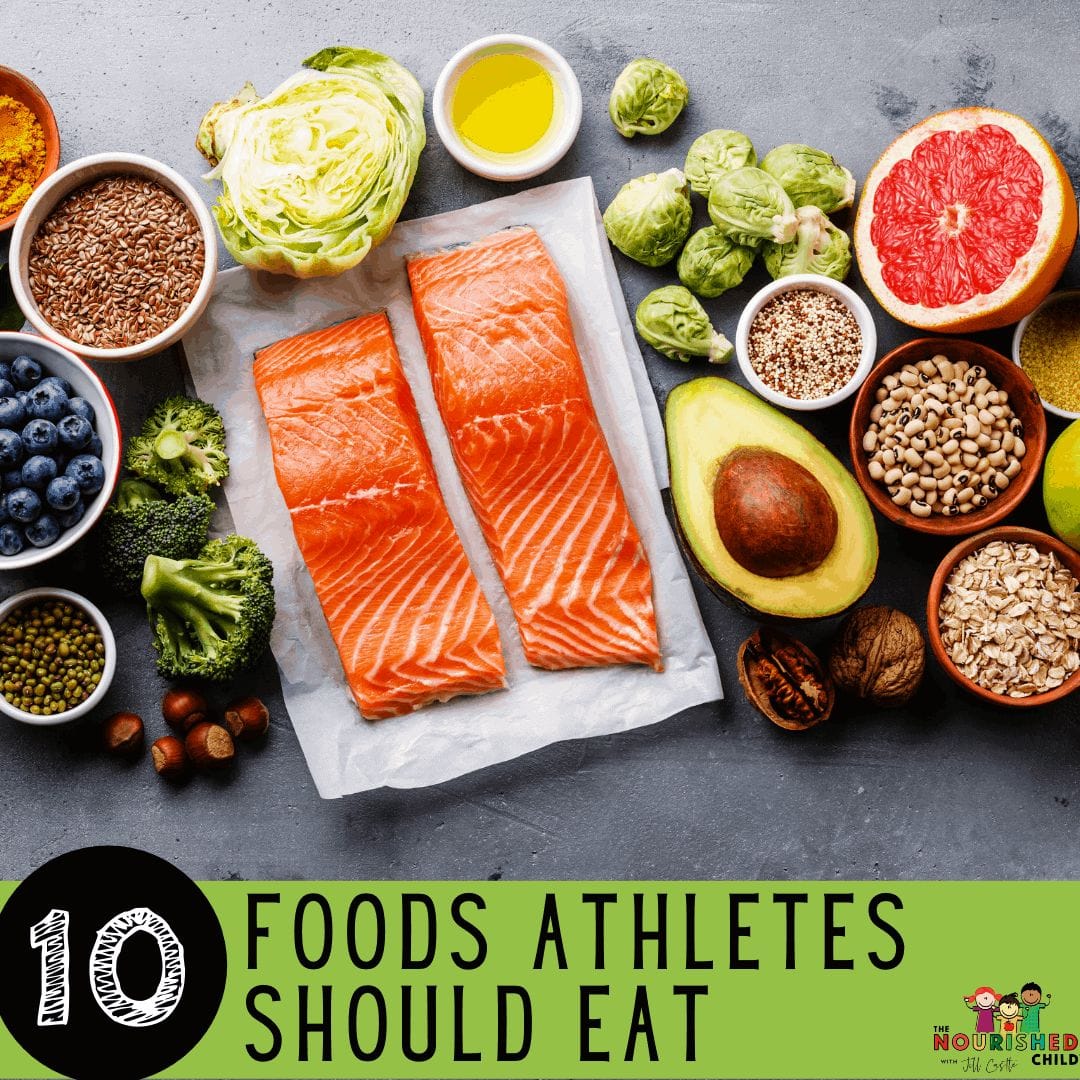
1. Improved Digestion and Reduced Inflammation
Fodder is rich in fiber, which is essential for maintaining a healthy digestive system. A diet high in fiber can help regulate bowel movements, prevent constipation, and reduce the risk of gastrointestinal disorders. For athletes, a well-functioning digestive system is crucial for optimal nutrient absorption, reducing the risk of digestive issues during competition or training.
Furthermore, fodder is rich in anti-inflammatory compounds like polyphenols and flavonoids. Chronic inflammation is a common issue among athletes, which can lead to decreased performance, fatigue, and increased risk of injury. The anti-inflammatory properties of fodder can help mitigate these effects, promoting faster recovery and improved overall health.
Polyphenol-Rich Fodder for Athletes
Alfalfa Oats Barley Wheat

2. Enhanced Endurance and Energy Production
Fodder is an excellent source of complex carbohydrates, which are essential for energy production during endurance activities. The slow-digesting carbohydrates in fodder provide a sustained release of glucose, reducing the risk of energy crashes and promoting prolonged endurance.
Additionally, fodder is rich in vitamins and minerals like iron, magnesium, and potassium, which play critical roles in energy production. Iron is essential for transporting oxygen to muscles, while magnesium and potassium help regulate muscle contractions and relaxations. Adequate levels of these nutrients can improve endurance, reduce fatigue, and enhance overall athletic performance.
Complex Carbohydrate-Rich Fodder for Athletes
Timothy grass Ryegrass Brome grass Orchard grass
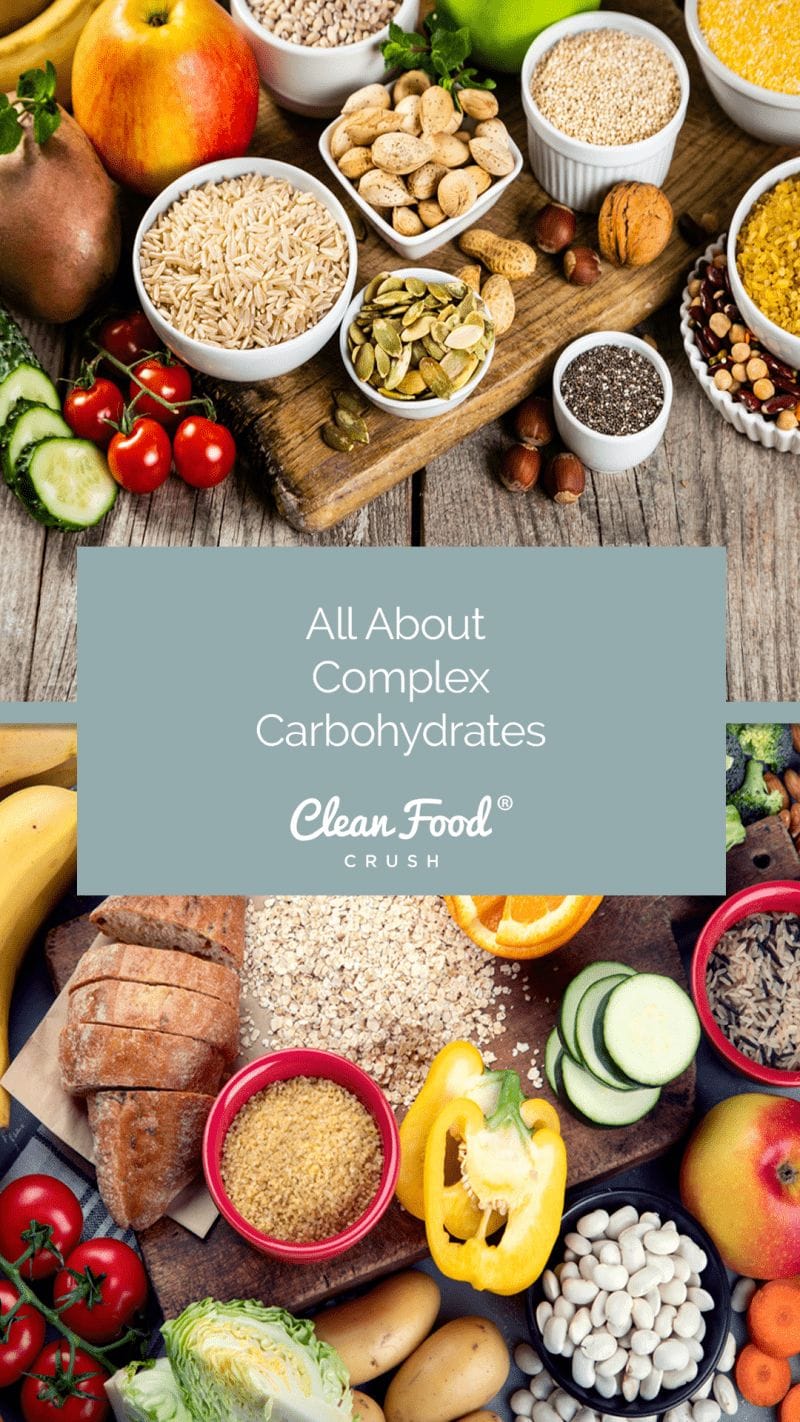
3. Supports Muscle Function and Recovery
Fodder is a rich source of protein, which is essential for building and repairing muscles. Adequate protein intake is critical for athletes, as it helps promote muscle growth, repair damaged tissues, and support overall muscle function.
Furthermore, fodder is rich in antioxidants like vitamin E and beta-carotene, which can help reduce muscle damage and promote recovery. These antioxidants neutralize free radicals, which can cause oxidative stress and muscle damage. By consuming fodder, athletes can reduce muscle soreness, promote faster recovery, and improve overall muscle function.
Protein-Rich Fodder for Athletes
Alfalfa Clover Soybeans Peas
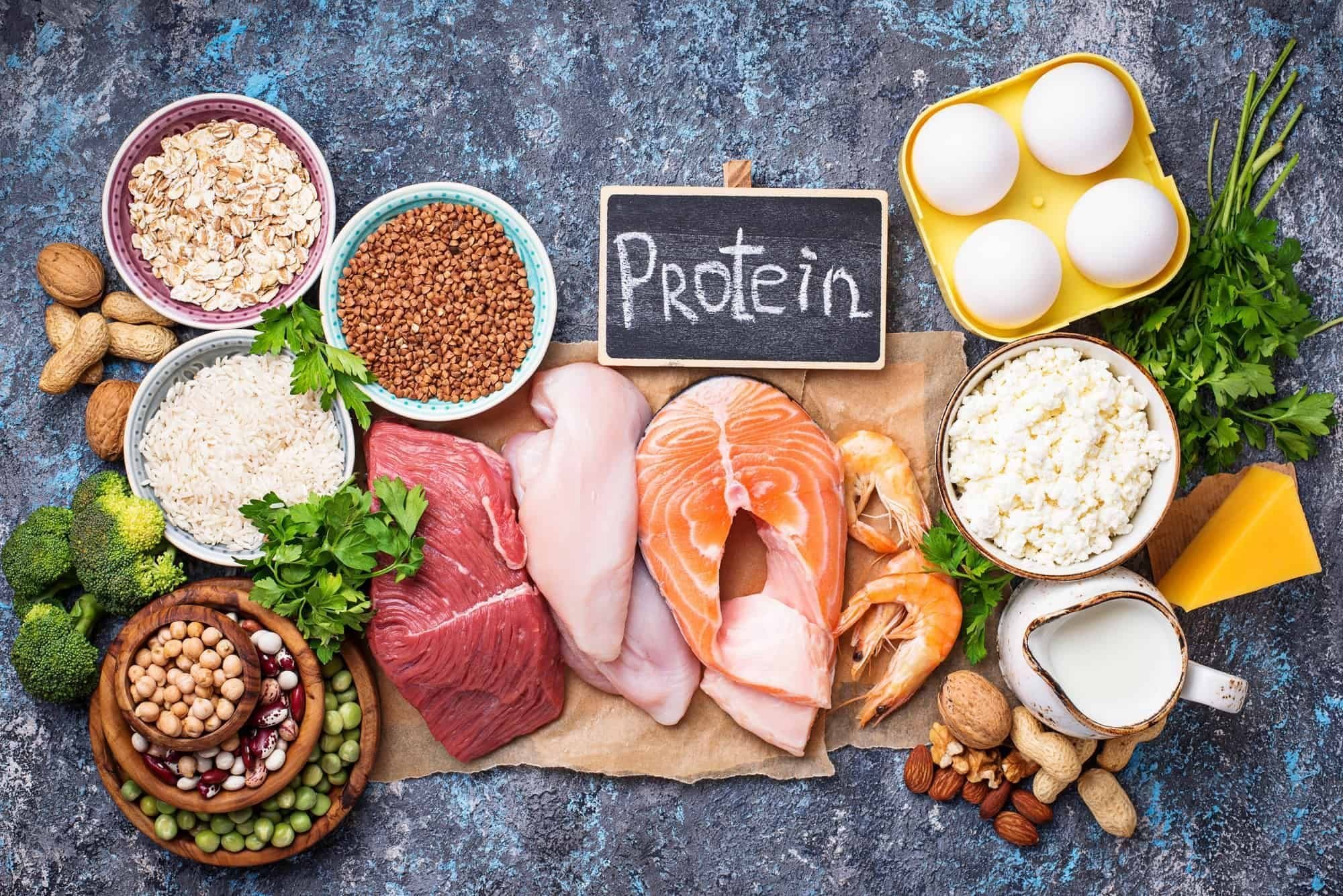
4. Hydration and Electrolyte Balance
Fodder is rich in water content, making it an excellent food for maintaining hydration levels. Adequate hydration is critical for athletes, as it helps regulate body temperature, transport nutrients, and remove waste products.
Furthermore, fodder is rich in electrolytes like potassium, magnesium, and calcium, which are essential for maintaining proper hydration and nerve function. Electrolytes help regulate muscle contractions, nerve function, and hydration levels. By consuming fodder, athletes can maintain optimal electrolyte balance, reduce the risk of dehydration, and promote overall hydration.
Electrolyte-Rich Fodder for Athletes
Timothy grass Ryegrass Brome grass Orchard grass
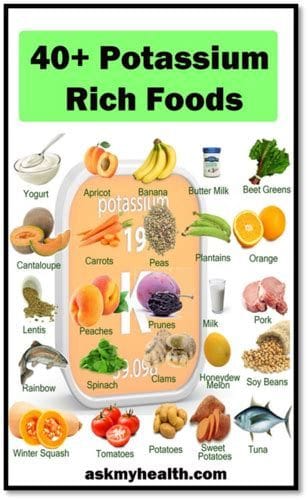
5. Supports Immune Function
Fodder is rich in immune-boosting compounds like beta-carotene, vitamin E, and polyphenols. These compounds help neutralize free radicals, reduce oxidative stress, and promote immune function. A healthy immune system is critical for athletes, as it helps reduce the risk of illness and infection.
Additionally, fodder is rich in prebiotic fiber, which helps feed the good bacteria in the gut. A healthy gut microbiome is essential for immune function, as it helps regulate the immune system, reduce inflammation, and promote overall health.
Immune-Boosting Fodder for Athletes
Alfalfa Oats Barley Wheat
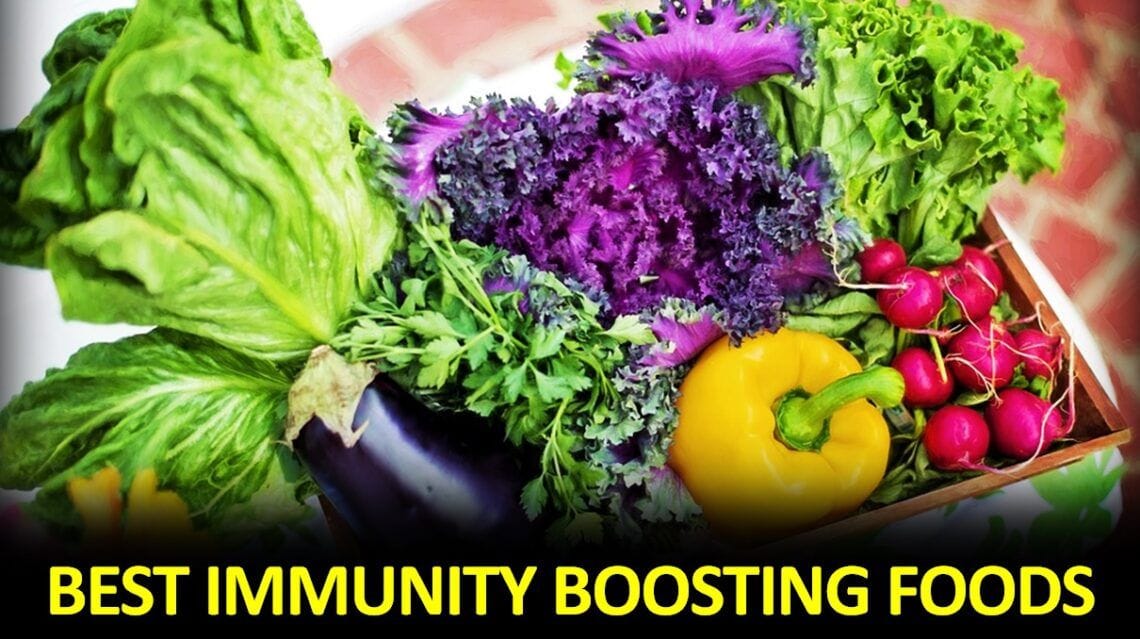
In conclusion, fodder is a nutrient-dense food that can provide numerous benefits for athletes. From improved digestion and reduced inflammation to enhanced endurance and energy production, fodder can help athletes achieve peak performance. By incorporating fodder into their diet, athletes can support muscle function and recovery, maintain hydration and electrolyte balance, and promote immune function. Whether you're a professional athlete or a fitness enthusiast, fodder is a valuable addition to any training regimen.
Share your thoughts! Have you ever tried fodder as a performance-enhancing food? Share your experiences and tips in the comments below!
FAQ Section:
What is fodder?
+Fodder refers to the leaves and stems of plants, typically used as animal feed. However, it can also be consumed by humans and provides numerous nutritional benefits.
How can I incorporate fodder into my diet?
+Fodder can be consumed in various forms, including fresh, dried, or juiced. You can add it to salads, smoothies, or use it as a cooking ingredient.
Is fodder suitable for all athletes?
+Fodder can be beneficial for most athletes, but it's essential to consult with a healthcare professional or registered dietitian to determine the best way to incorporate it into your specific training regimen.